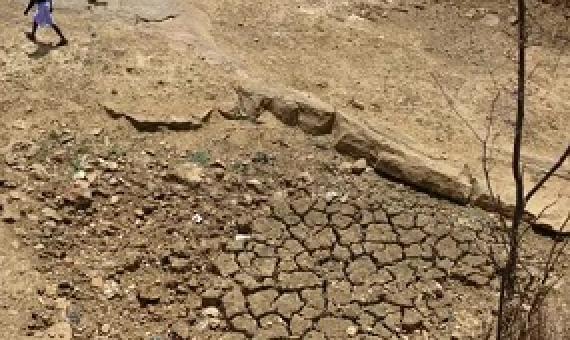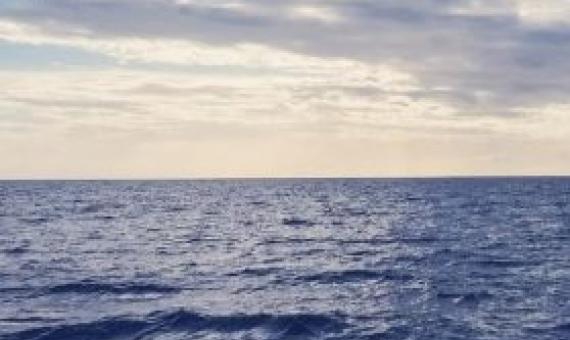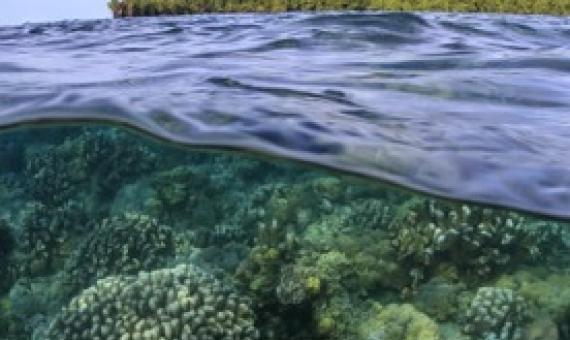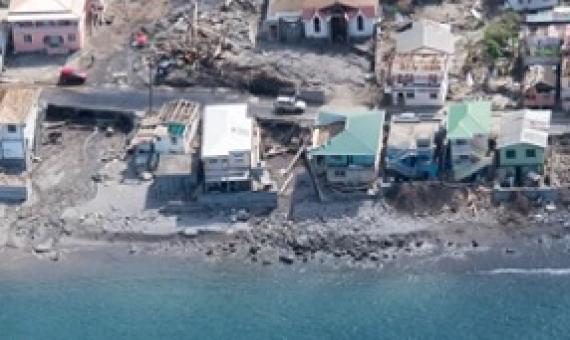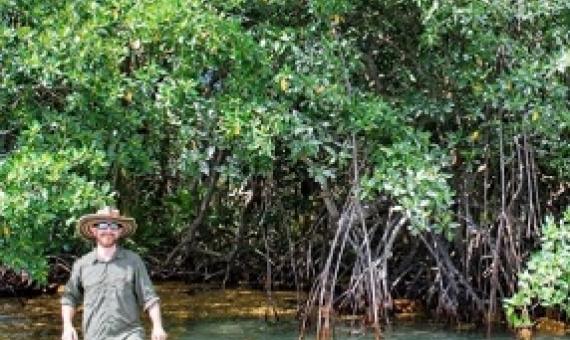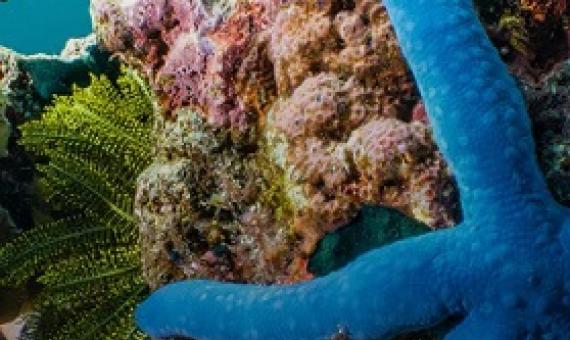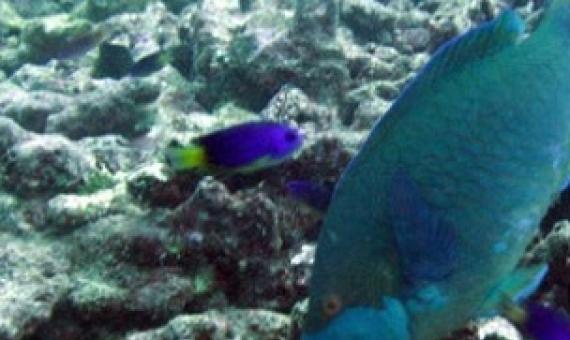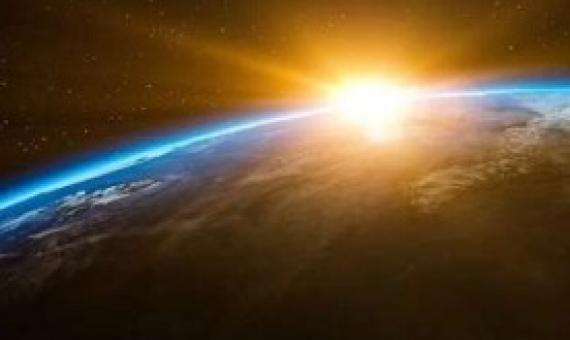The human cost of the climate crisis will hit harder, wider and sooner than previously believed, according to a study that shows a billion people will either be displaced or forced to endure insufferable heat for every additional 1C rise in the global temperature.
A team of fisheries scientists and marine policy experts, led by a University of Rhode Island researcher, examined how climate change is affecting the ocean environment and found that the changing conditions will likely result in increased fisheries-related conflicts and create new challenges in
Fiji's government has announced 24 scholarships for Pacific students to pursue the advanced study of the oceans and climate change. Prime Minister Frank Bainimarama said the $US2.7 million package is being facilitated under the Norway-Pacific Ocean-Climate Scholarship Project.
Most of tropical reefs are no longer able to both sustain coral reef ecosystems and the livelihoods of the people who depend on them, as human pressure and the impacts of climate change increase.
Resilience is a buzz word that permeates nearly every conference and conversation on climate change.
Mangrove ecosystems are one of the most valuable in the world, not only for the habitat they provide for wildlife, but also because they prevent coastal erosion and absorb and store carbon dioxide from the atmosphere.
Grim reports and unsettling headlines paint a bleak future for Earth’s coral reefs, which are projected to be wiped out by the end of the century due to climate change and pollution. But a new study shows that this future can be prevented — and outlines th
Climate change and warming seas are transforming tropical coral reefs and undoing decades of knowledge about how to protect these delicate and vital ecosystems. Many of the world's coral reefs are seeing biodiversity plunge in the face of repeated coral bleaching events.
In the weeks leading up to Earth Day 2020, clear blue skies broke out over famously smog-ridden cities like Beijing, Los Angeles, and Delhi. Harvard Law School Professor Jody Freeman LL.M. '91 S.J.D.
COVID-19 has overshadowed the climate crisis as governments scramble to protect the health of citizens without cratering their economies, but the pandemic could still open a fast-track pathway -– albeit a narrow one—to a greener, low-carbon future, experts say.

